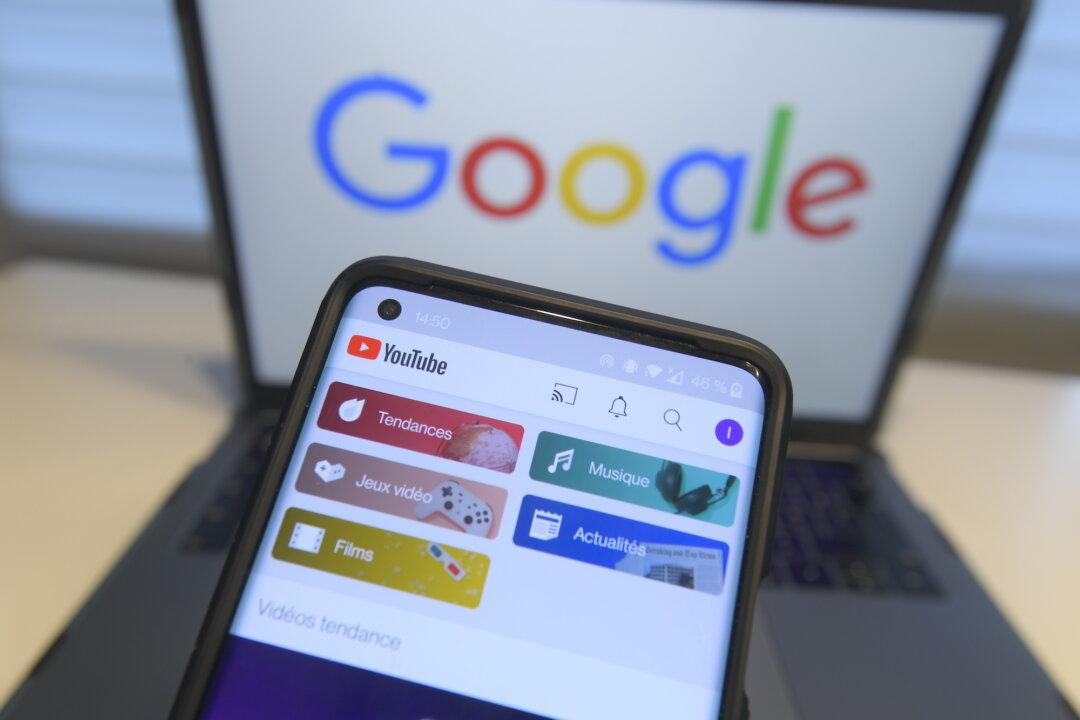The Federal Trade Commission and seven states have sued Google and iHeartMedia over allegedly running nearly 29,000 endorsements for Google’s Pixel 4. Promos for the phone that aired between 2019 and 2020 featured radio personalities that praised its features, despite not even owning the product.
“Google and iHeartMedia paid influencers to promote products they never used, showing a blatant disrespect for truth-in-advertising rules,” said Bureau of Consumer Protection Director Samuel Levine in an announcement. “The FTC will not stop working with our partners in the states to crack down on deceptive ads and ensure firms that break the rules pay a price.”





